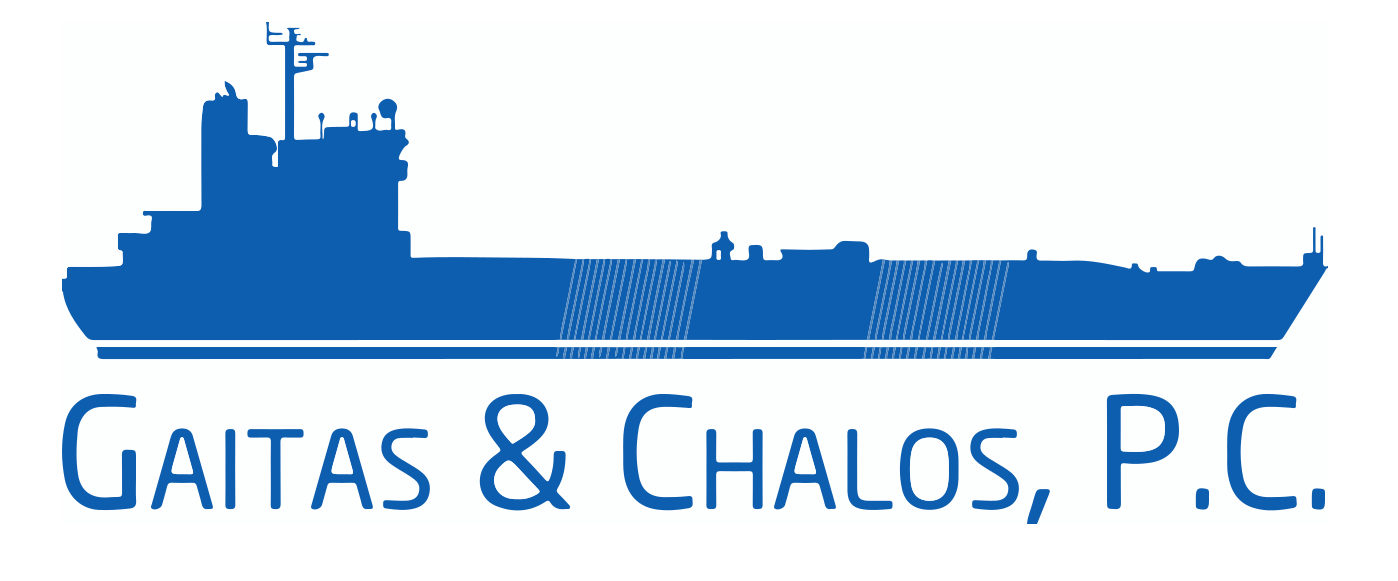IMO’s carbon tax proposal that refuses to die
In its upcoming October 13, 2025 extraordinary session IMO’s Marine Environment Protection Committee is slated to adopt amendments to MARPOL Annex VI that will articulate its Net-Zero Framework implementation (“NZF”). It will be the first concrete step that will combine mandatory emission limits and greenhouse emissions pricing across the shipping sector. The ultimate goal of NZF is to attain by 2050 a zero level of carbon and greenhouse gas emissions. IMO aspires to have these measures take effect in 2027 for ocean-going vessels greater than 5,000 gross tons.
The enforcement mechanism NZF contemplates is a complex system of evaluating vessel owners’ compliance with its mandates in a manner that resembles China’s Social Credit System, intended to rein into compliance the diverse shipping industry of the world using a system of incentives and disincentives. The principal disincentive will be levying substantial charges based on the respective owners’ non-compliant vessels. The NZF scheme contemplates the creation of IMO’s “Net-Zero Fund” that will collect the charges from non-compliant vessel owners and will financially reward compliant owners. The enforcement of NZF, according to its planners will be carried out by the vessels’ flag states and port state control authorities of the signatories to the NZF regulations.
This initiative of IMO in the making for the past 5 years, slowed down with the Covid-19 Pandemic that focused politicians and NGO’s on matters of more immediate concern. On June 5, 2019 , at a SeaNation conference in Athens that addressed NZF, our law firm spoke of how unlikely it was for the United States to support it, considering its likely impact on its reestablished energy independence and dominance as a leading net exporter of oil and gas.¹ One presidential term later, our predictions have come true. On August 12, 2025, the Trump Administration, in a joint statement by United States Secretaries Rubio, Lutnick, Wright, and Duffy, firmly rejected the IMO’s proposed “Net-Zero Framework,” labeling it a global carbon tax that unfairly burdens American consumers and industries. It is hard to imagine how any sovereign state would concede such major intrusion to its national sovereignty, allowing an agency of the United Nations to tax its citizens.
The United States is not alone in opposing the NZF. Most oil producing states strongly oppose it, as do several major shipowners, several shipbuilders and, recently, classification societies, e.g. ABS. What may not be clearly evident behind the push for NZF is China’s strong support that dovetails well with its long game of domination of shipbuilding that includes zero emissions tonnage as today’s newbuildings will be heading for demolition. The United States as announced last August will look for the support of fellow IMO members to defeat NZF. It will not hesitate to retaliate or explore remedies for its citizens should this endeavor fail. Interestingly, IMO’s vote is one day or so before U.S. Trade Representative’s Notice under Section 301 of the Trade Act of measures affecting Chinese-built vessels are implemented on October 14, 2025. The interplay of these measures with NZF and its outcome may be a turning point for the world’s business of shipping.
1 – Our Comments at SeaNation Conference June 5, 2019: Greek / English
|


